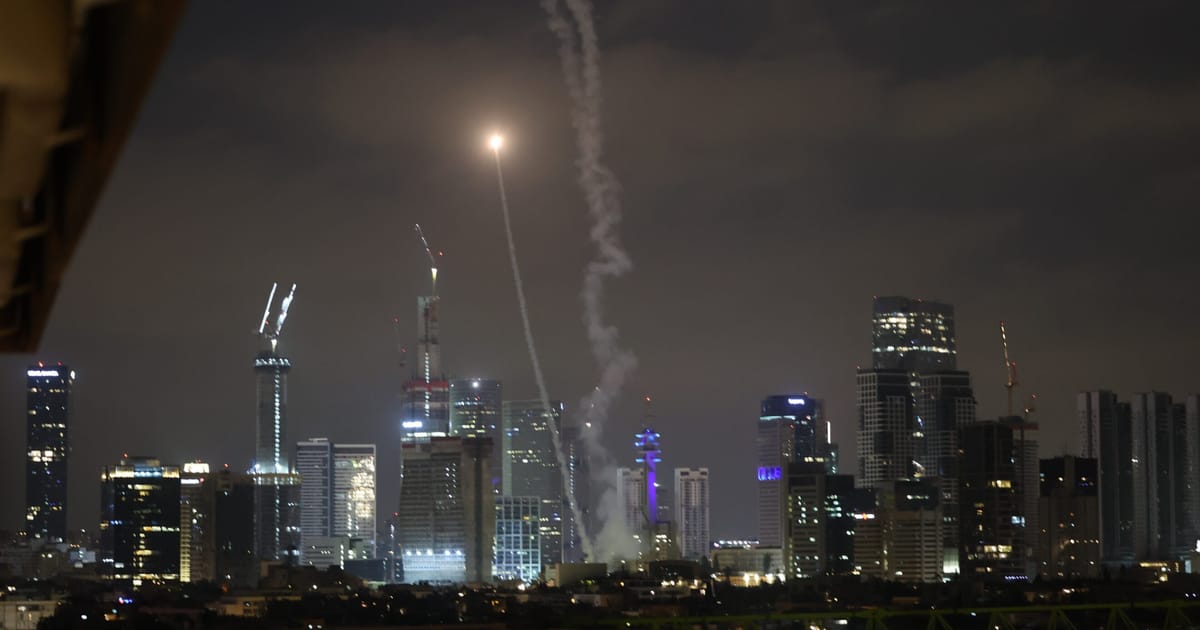

The world stage continues to evolve, with regional dynamics showcasing varied challenges and opportunities. As events unfold, the efforts to connect, engage, and resolve become central themes across continents. Below, we provide a look into recent developments from the Middle East, Southeast Asia, and Australia, each highlighting unique challenges yet offering avenues for mindful engagement and resolution.
In the complex theater of Middle Eastern geopolitics, a recent incident involving the United States has underscored the shifting influence of global players in the region. It emerges from a situation where Europe, often known for its diplomatic finesse, found its role diminished following a U.S.-led military operation. The event highlighted the intricate balance of power and the imperative for multilateral dialogue. European diplomats, who had been actively engaged in talks around the region, were reminded of the evolving diplomatic climate and the need for renewed strategies. The incident serves as a poignant reminder of the value of persistent dialogue and the importance of partnerships in fostering stability and understanding across borders.
Meanwhile, in Southeast Asia, Thailand has witnessed waves of civic engagement as citizens voice their concerns over political leadership and diplomacy. Thousands gathered peacefully in Bangkok, calling for the resignation of Prime Minister Paetongtarn Shinawatra. The demonstration followed a leaked phone call that stirred nationalist sentiments and brought to light a sensitive border issue with neighboring Cambodia. This peaceful protest reflects a vibrant democratic ethos, signaling a populace ready to participate in shaping its nation’s future through non-violent expression. The Thai government’s approach to managing both domestic expectations and regional relations will be crucial in maintaining harmony and progress. Recognizing the power of reflective governance can serve as a cornerstone in addressing the concerns raised and moving towards a resolution.
Across the Pacific, the political landscape in Australia highlights an internal conversation within its political entities concerning representation and inclusivity. The debate about gender quotas within the Liberal Party elicited mixed reactions, shedding light on a broader discourse about democratic inclusivity. Prominent figures like Labor’s Tanya Plibersek have contributed insights, critiquing the notion that quotas undermine democratic principles. This discussion takes place against the backdrop of a comprehensive review of the Coalition’s recent electoral defeat, signaling a potential shift towards more inclusive practices in political representation. Such discussions are a vital part of democratic evolution, encouraging parties to embrace diversity and equity as strengths rather than concessions.
Each of these scenarios, while distinct in their locales and circumstances, shares an underlying theme of navigating change through dialogue, peaceful engagement, and inclusive strategies. They remind us of the complex interplay between regional events and global narratives, encouraging a mindful approach to diplomacy and governance. Every challenge presents an opportunity for growth and consensus, inviting communities and leaders to work collaboratively towards sustainable solutions.
As we ponder these developments, the importance of perspective in understanding international relations becomes evident. By fostering open communication and diverse viewpoints, countries and regions can hope to overcome adversities and embrace shared objectives. Whether it be diplomatic efforts, peaceful protests, or political reforms, the path towards harmony often begins with listening and understanding. These principles guide us toward a more connected and peaceful global community.
Source: {link}
